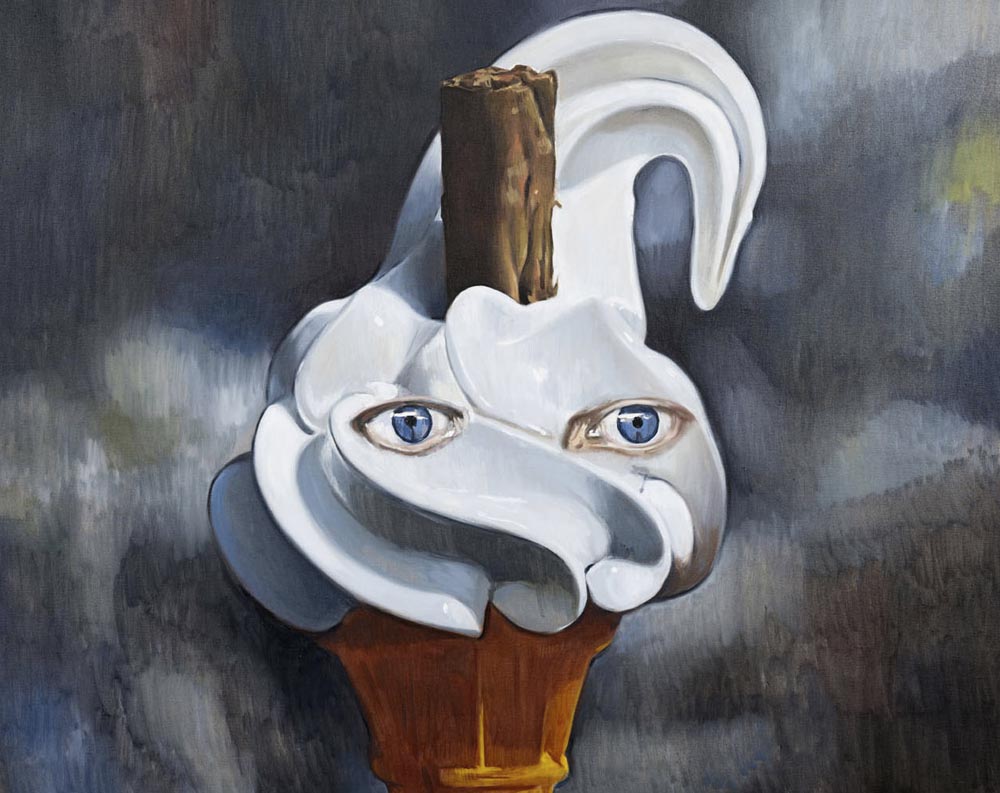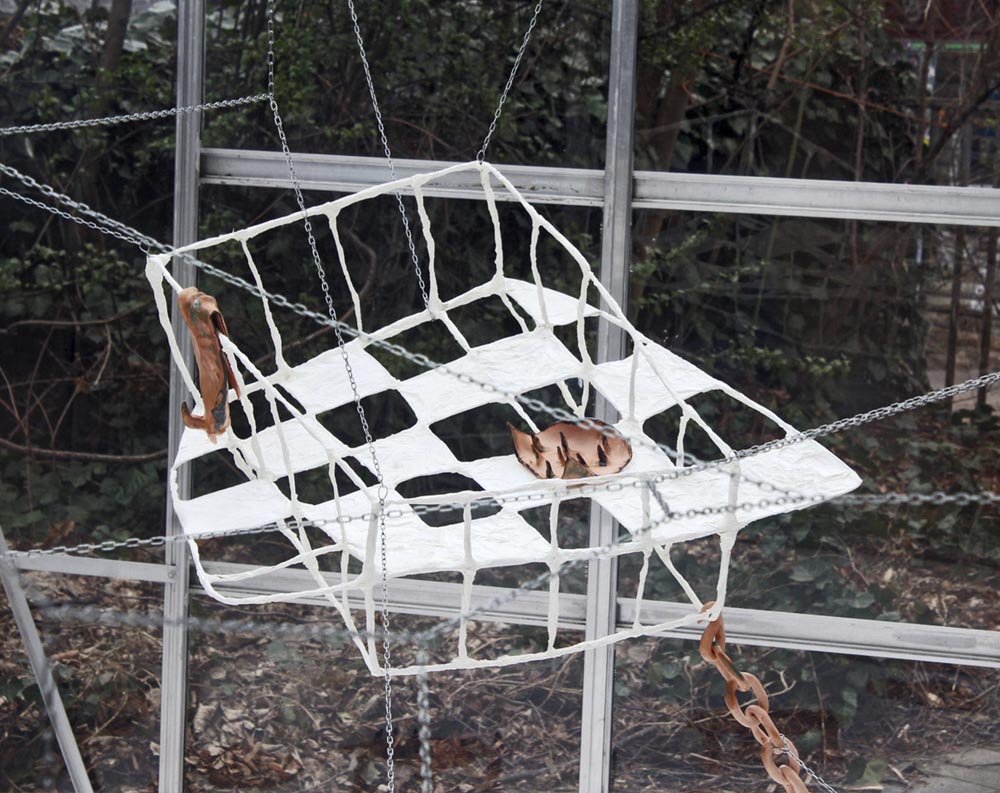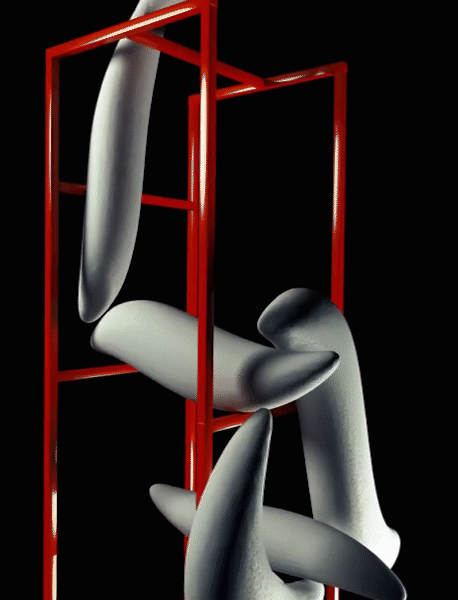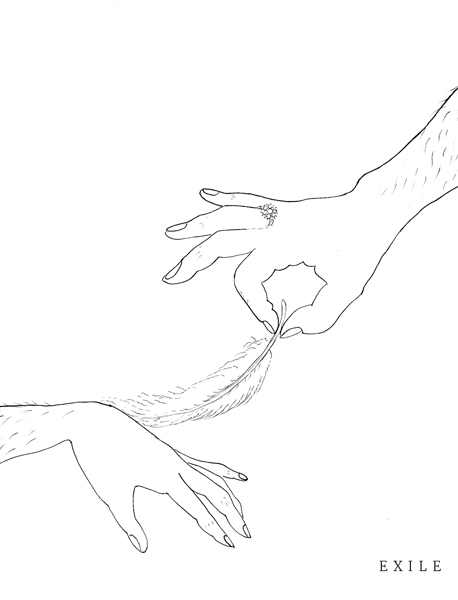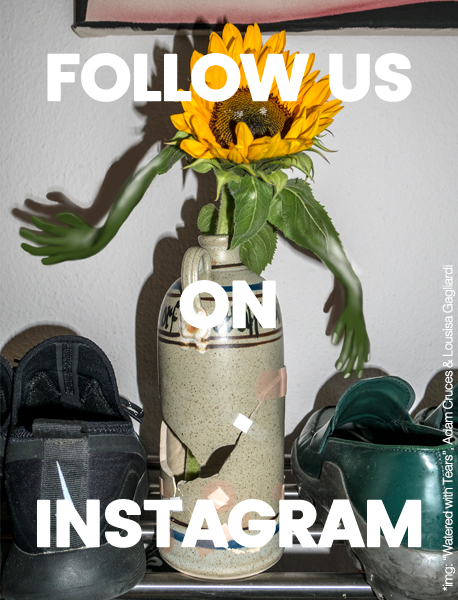OFLUXO
orbs and awe
Marianne Vlaschits
At L’INCONNUE, New York, US
February 24 — April 30, 2022
Photography by Brad Farwell and Simon Veres
A series of 10 paintings, oil on canvas, stretched on custom-made wooden frames are based on images from historical science books in the collection of the Institute for Astrophysics at the University of Vienna. The books date circa the 16th century, with original works by astronomers Johannes Kepler and Galileo Galilei, among others. These illustrations were mainly used to represent complex astronomical concepts. Vlaschits utilized the graphics and modified their original form as templates for her paintings. The books themselves aren’t inanimate objects and require the same need for touch as humans, the touch of bare hands, as the oil of the skin meets to mark the paper. This intimate moment creates an interface between the human body, abstract scientific thought and outer space the intersection at which the paintings are located.
When translating the found image to painted form, numerous small changes happen, intentionally and unintentionally, and the final result is often unforeseen. The completed painting is no longer an illustration or explanation but a surreal interpretation and crosses the border to abstraction.
The observer is invited to orient their awareness towards the painting as an experience of curious association. The visual story shifts between the celestial body and the human body. Faces, organs, extremities, or orifices reveal themselves, viewed through the eye’s microscope, inside and outside of the terrestrial form, or a telescope pointed at the sky. The painting is otherworldly, the formed canvas resembling the window of a spaceship.
In James Elkin’s book, “What Painting is,” he describes the painter as an alchemist. Through her research and subsequent transmission onto canvas, Marianne elucidates a spiritual transformation. The paintings shine crystalline as portals, showing light as a poetic being in color
— L’INCONNUE



















Previous Articles
OFLUXO is proudly powered by WordPress
